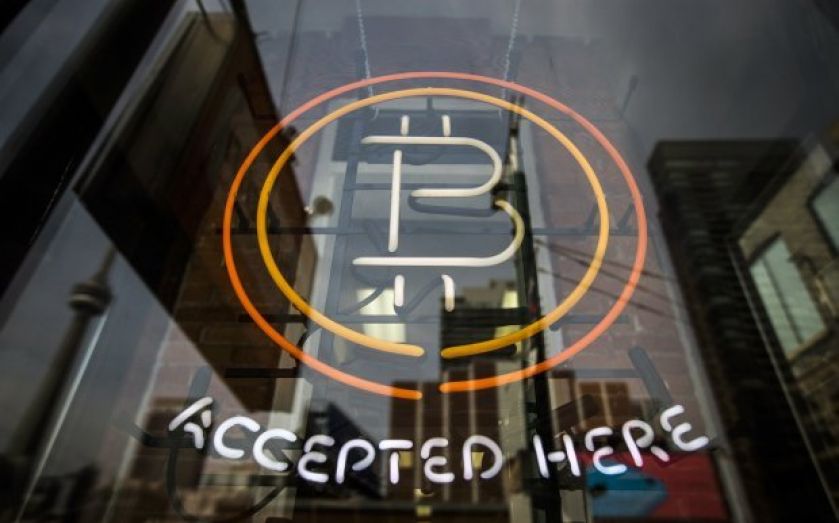Bitcoin under fire from European Banking Authority

The European Banking Authority (EBA) has launched a scathing attack on cryptocurrency Bitcoin, warning that the potential benefits of digital currencies will be outweighed by a host of risks, reports the FT's Sam Fleming.
In an address to lawmakers, the EBA argued that the problems associated with Bitcoin could only be addressed by a regulatory overhaul.
However, instead of cracking down on Bitcoin through a draconian regulatory regime, the EBA preferred to advocate actions to dissuade financial institutions from buying or selling Bitcoin.
The European regulator also called for cryptocurrencies to be declared 'obliged entities', which will have to abide by anti-money laundering legislation.
In the opinion of the EBA there are no fewer than 70 hazards surrounding Bitcoin. According to Fleming, should a full-scale regulatory regime be put in place "it would have to include governance requirements for market participants, segregation of client accounts, capital requirements on virtual currency players, and the creation of so-called 'scheme governing authorities' that are accountable for the integrity of a virtual currency".
The EBA was sceptical the benefits of Bitcoin could match up to the alleged virtues of its own regulations and directives.
"While there are some potential benefits of VCs, for example reduced transaction costs, faster transaction speed and financial inclusion, these benefits are less relevant in the European Union, due to the existing and pending EU regulations and directives that are explicitly aimed at faster transaction speeds and costs and at increasing financial inclusion," said the EBA.
The EBA has previously warned that "no specific regulatory protections exist in the European Union that would protect consumers from financial losses if a platform that exchanges or holds virtual currencies fails or goes out of business".
Such a gloomy assessment of cryptocurrencies will come as unwelcome news to Bitcoin advocates who see its potential reaching further than cutting transactions costs or streamlining e-commerce.
In June, the Institute of Economic Affairs (IEA) published New Private Monies: A Bit-Part Player?, which suggested that money, like any other good or service, is best provided through a competitive free market and that cryptocurrencies were a vital part of monetary innovation.
The paper recommended that a host of current laws be repealed or liberalised to allow private monies to flourish. Legal tender laws should be abolished and the government should be willing to accept taxes in the form of private money, according to the paper.
On the more radical side of what cryptocurencies could achieve, the paper lists the ability of individuals to free themselves to purchase illegal drugs, engage in illegal forms of gambling and protect their wealth from predatory governments.